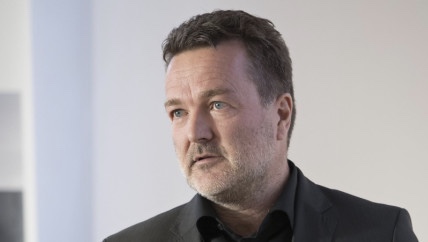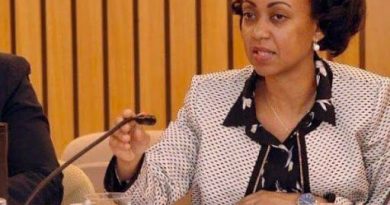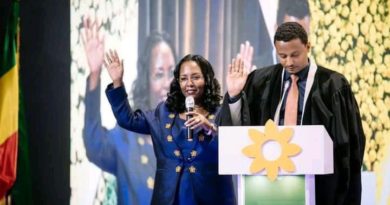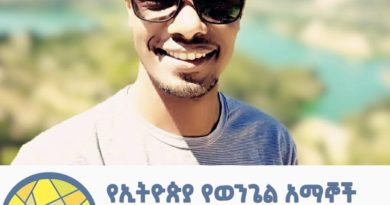Yeroo Interview with Prof Kjetil on Ethiopia
Bilisuma Berako of YEROO media had a Q&A with Professor Dr Kjetil Tronvoll on current events in Ethiopia. Prof Tronvoll recently observed the controversial election that occurred in Tigray despite opposition from the Ethiopian government and the National Election Board.
YEROO Media: The Ethiopian parliament approved the decision by six zones to form a new regional state – named South West – with multiethnic character. Do you believe this will inspire the formation of more multiethnic states in Ethiopia?
Dr Kjetil Tronvoll: There are still political movements demanding and requests for regional statehood by certain zonal authorities in the SNNPR that have not yet been entertained or addressed properly by regional and federal authorities. One would assume that some of these, as for instance Wolaita, may continue their struggle for regional statehood, if the processes are allowed to take its constitutional prescribed course. There may also be other groups in other regional states which may want to seek to elevate their status from special zones to regional states, as is their constitutional right.
Yeroo: Opposition parties and activists here in Finfinnee accuse the Abiy government (and the former Deputy mayor) of favoring Oromo. But many Oromos statewide accuse Abiy’s ruling party of suppressing Oromo voices. Why is there so much contradiction and wide discrepancy on views?
Dr Tronvoll: The Oromo people is a vast and heterogenous constituency, which is also reflected in various political fractions and sentiments. Additionally, the segmented nature of political structures in Ethiopia (local, regional, and federal authorities) contributes to the fact that political interests and objectives may differ from one level of authority to another, even within the same “party” or government. Hence, the federal level PP may argue one policy, while regional, or local, level PP leaders may project a different view or implement a contradictory policy.
Yeroo: Your extensive research on social and political developments in Ethiopia are well-known. But having already documented decades of “authoritarianism” by the Tigrayan People’s Liberation Front (TPLF) in your own publications, were you still surprised the recent election resulted in another 98% TPLF victory?
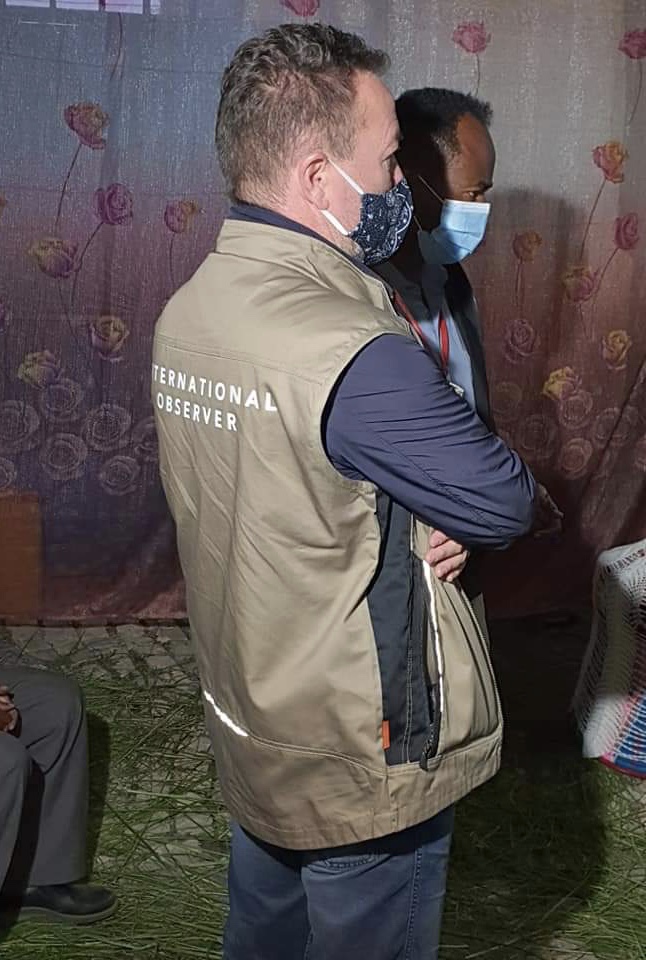
Dr Tronvoll: No comment
Yeroo: One of the old concerns for the Oromia and Amhara governments has been the status of Welkait Amhara and the Raya Oromo minorities in Tigray. Do you believe the TPLF should abide by ethnic-federalism and grant autonomy – Amhara and Oromo zones – inside Tigray?
Dr Tronvoll: The question to establish special zones or woredas in Tigray, should of course follow the prescribed constitutional procedures. The people of Irob, Kunama, or Raya, for instance, with a distinct minority culture, or Amhara speaking people of Welkait, should have the right to pursue such a process within the bounds of law, if interested.
Yeroo: You highly praised the appointment of Dr. Gedion Timothiwos as Ethiopia’s Attorney General. But in addition to allegations of incitement, Dr Gedion’s prosecutors accused Jawar Mohammed of “recruiting youth” for combat training in Egypt and ordering the assassination of Orthodox priests in Oromia. Do you regret your endorsement of Dr Gedion?
Dr Tronvoll: No comment

